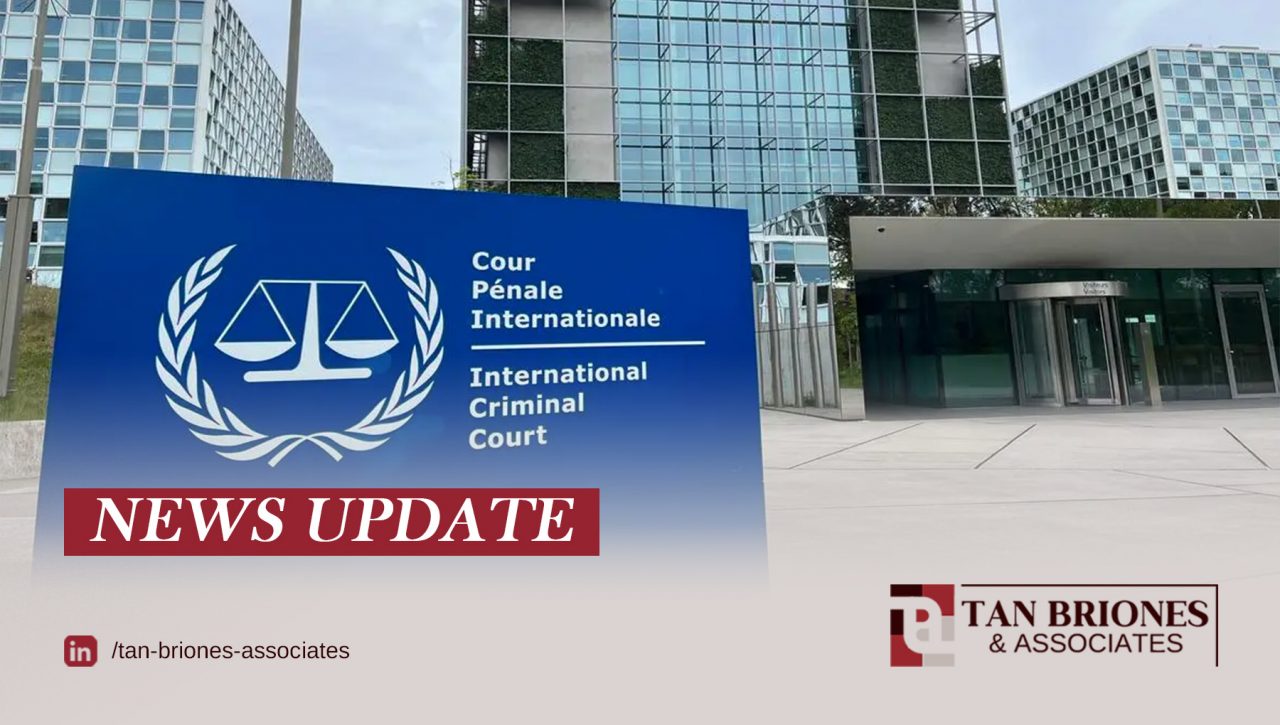
The International Criminal Court (ICC) has issued a warrant of arrest for former President Rodrigo Roa Duterte for crimes against humanity, including murder, in connection with his administration’s bloody “war on drugs.”
This led to the former chief executive’s arrest on March 11, 2025, in Manila, following a coordinated effort between the International Criminal Police Organization (Interpol) and the Philippine National Police (PNP).
The Pre-Trial Chamber I of the ICC issued the secret warrant on March 7, 2025, citing his alleged role in widespread and systematic extrajudicial killings carried out by law enforcement and vigilante groups from November 1, 2011, to March 16, 2019.
“Taking into account the totality of the information before it, the Chamber finds reasonable grounds to believe that Mr Duterte is individually responsible for the crime against humanity of murder (article 7(1)(a) of the Statute) as an indirect co-perpetrator within the meaning of article 25(3)(a) of the Statute, committed during the Relevant Period,” the ruling states.
The ICC document states that Duterte acted with intent and knowledge, having established and overseen the Davao Death Squad (DDS) before expanding similar operations nationwide as President.
It also stated that thousands of people—mostly alleged criminals and drug offenders—were killed in an attack “pursuant to a State policy to attack alleged criminals” while Duterte was in office.
The Office of the Prosecutor’s application for the arrest warrant, filed on February 10, 2025, alleged Duterte’s direct involvement in designing, endorsing, and overseeing the killings.
The ICC determined that Duterte’s statements, policies, and direct actions played a key role in the anti-drug campaign.
Despite the Philippines’ withdrawal from the ICC on March 17, 2019, the Court asserted its continuing jurisdiction over crimes committed while the country was still a State Party to the Rome Statute.
“The Court retains jurisdiction with respect to alleged crimes that occurred on the territory of the Philippines while it was a State Party, from 1 November 2011 up to and including 16 March 2019,” the ruling wrote.
The Chamber also rejected any deferral request from the Philippine government, stating that domestic investigations were insufficient to address the scale and gravity of the crimes.
Furthermore, it ruled that Duterte’s arrest is necessary, as he “continues to wield considerable power” in the Philippines, emphasizing the risk of interference with investigations and threats to witnesses and victims, thereby reinforcing the need for immediate action.
“There is no reasonable expectation that he would cooperate with a summons to appear issued by the Court,” the ruling states.
Despite the Philippine government’s stance of non-cooperation and non-recognition of the jurisdiction of the ICC, it has previously expressed a willingness to cooperate with Interpol in the execution of a warrant when it issues a notice.
Follow Tan Briones & Associates on LinkedIn for more legal updates and law-related articles.







